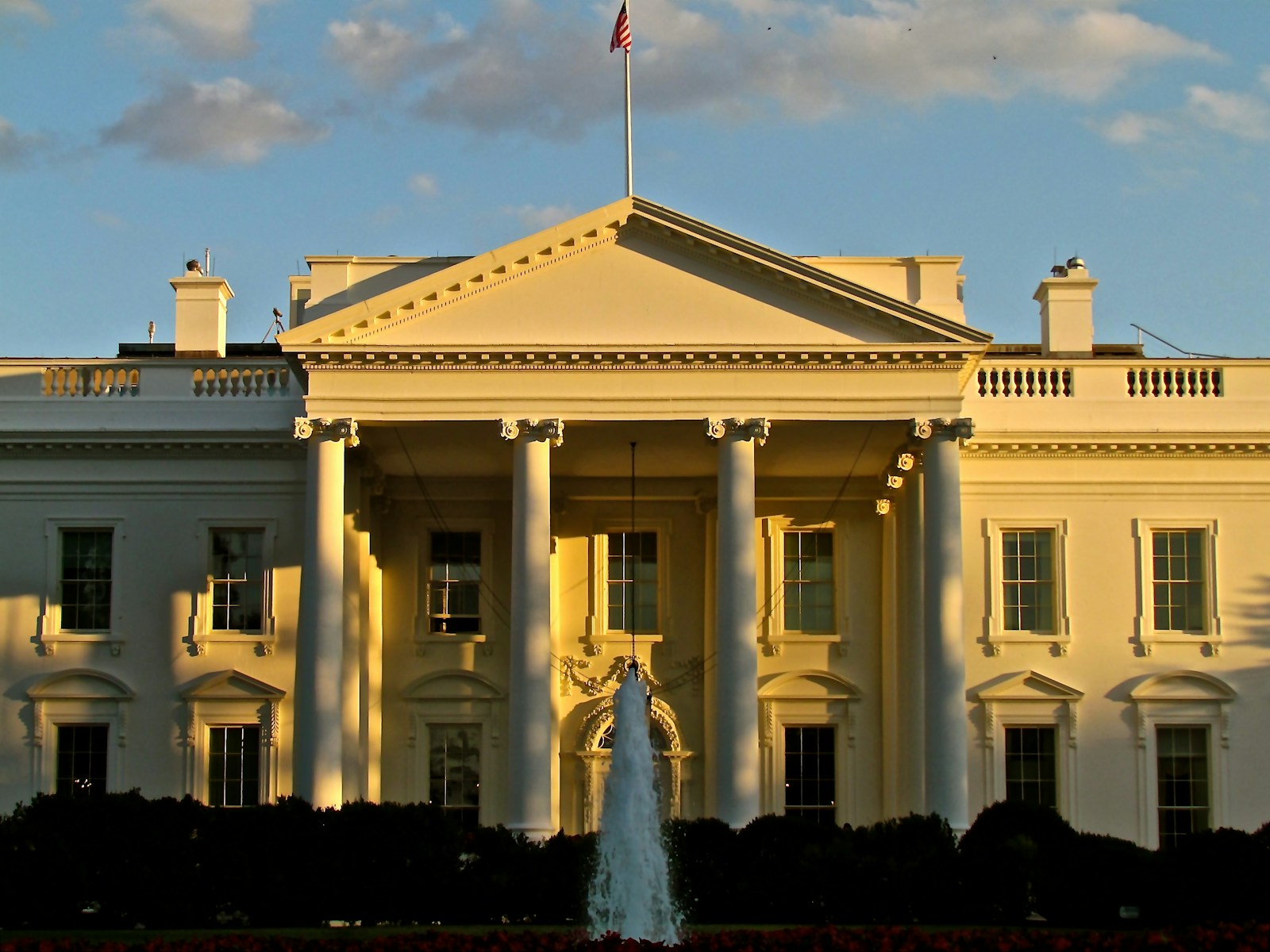The Bureau of Labor Statistics (BLS), long respected for its political neutrality, has become the latest focus of former President Trump’s criticism. This development raises significant questions about the potential wide-ranging policy implications should the independent agency face political pressure or restructuring.
The BLS serves as the principal fact-finding agency for the U.S. government in the field of labor economics and statistics. For decades, it has operated as a nonpartisan entity, providing critical economic data that shapes policy decisions, business planning, and financial markets.
The Role of the BLS in American Economic Policy
The Bureau of Labor Statistics produces essential economic indicators, including the monthly jobs report, unemployment rate, consumer price index, and productivity measurements. These statistics serve as fundamental benchmarks for evaluating the nation’s economic health and inform critical policy decisions made by the Federal Reserve, Congress, and the White House.
Economic data from the BLS impacts everything from interest rate decisions to federal budget allocations. The agency’s independence has historically been viewed as crucial for maintaining the integrity and reliability of U.S. economic statistics.
Potential Consequences of Political Interference
Any political influence over the BLS could have far-reaching effects on economic policy and public trust in government data. Economists and policy experts warn that questioning the validity of economic statistics or reshaping how they are calculated could create uncertainty in financial markets and complicate economic planning.
Former officials from both Republican and Democratic administrations have historically defended the BLS’s independence, noting that accurate economic data is essential for sound policy-making regardless of which party holds power.
Historical Context of Statistical Agencies
This is not the first time statistical agencies have faced political scrutiny. Previous administrations have occasionally questioned methodology or timing of economic reports, but the agencies have generally maintained their independence.
The BLS was established in 1884 and has operated under a mandate to collect and analyze essential economic information without political bias. This tradition of independence has been maintained through both Democratic and Republican administrations.
Key concerns about potential political influence include:
- Changes to data collection methodology that could alter economic indicators
- Reduced transparency in statistical reporting
- Diminished public trust in government economic data
- Market volatility resulting from uncertainty about economic indicators
Expert Reactions
Economic experts have expressed concern about the potential politicization of the BLS. Many point out that reliable economic data serves as the foundation for both public and private sector decision-making.
“The independence of statistical agencies is not a partisan issue—it’s about maintaining the credibility of information that our entire economic system relies upon,” noted one former BLS commissioner who requested anonymity.
Business leaders have also weighed in, emphasizing that companies depend on accurate government data for investment decisions, hiring plans, and strategic forecasting.
The current situation highlights the tension between political messaging and the technical work of statistical agencies. While administrations may prefer economic narratives that support their policy goals, statistical agencies are designed to provide objective measurements regardless of how the data might be interpreted politically.
As this situation develops, economists, policymakers, and market participants will be watching closely to see whether institutional safeguards protecting the BLS’s independence will withstand political pressure, and what the implications might be for economic policy and data integrity in the United States.







